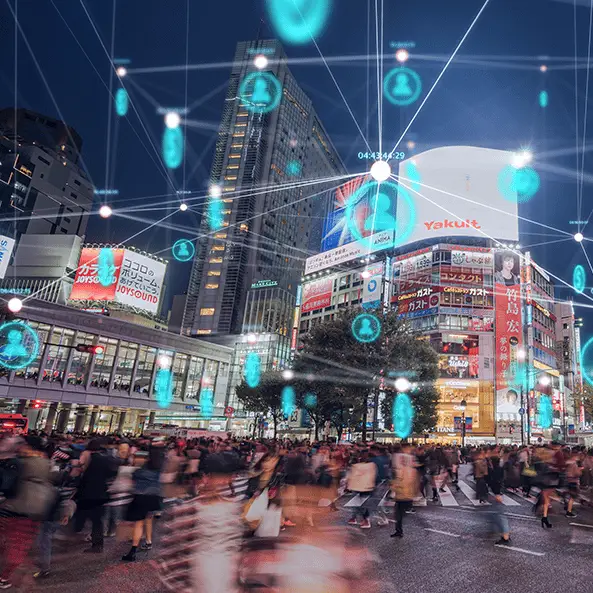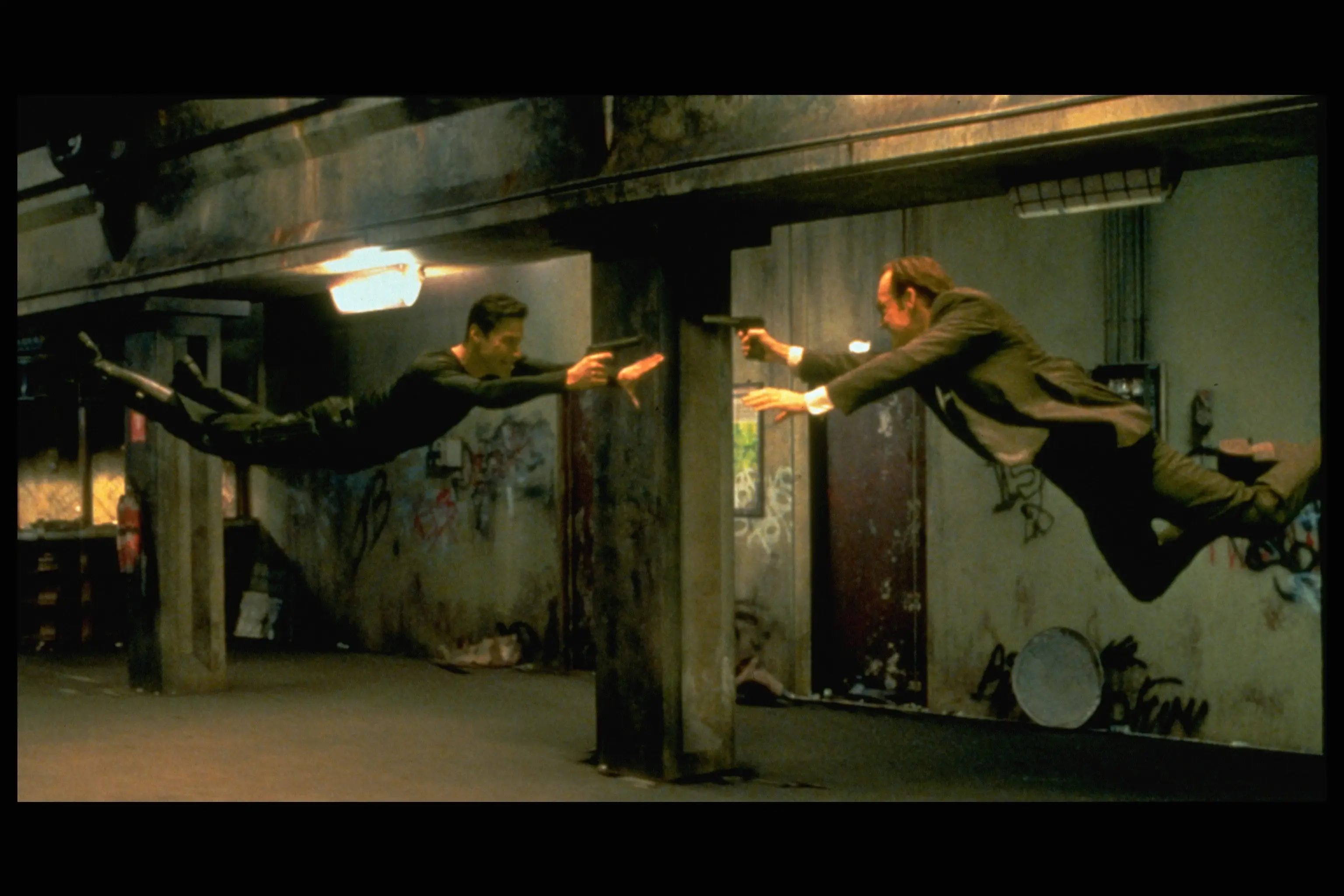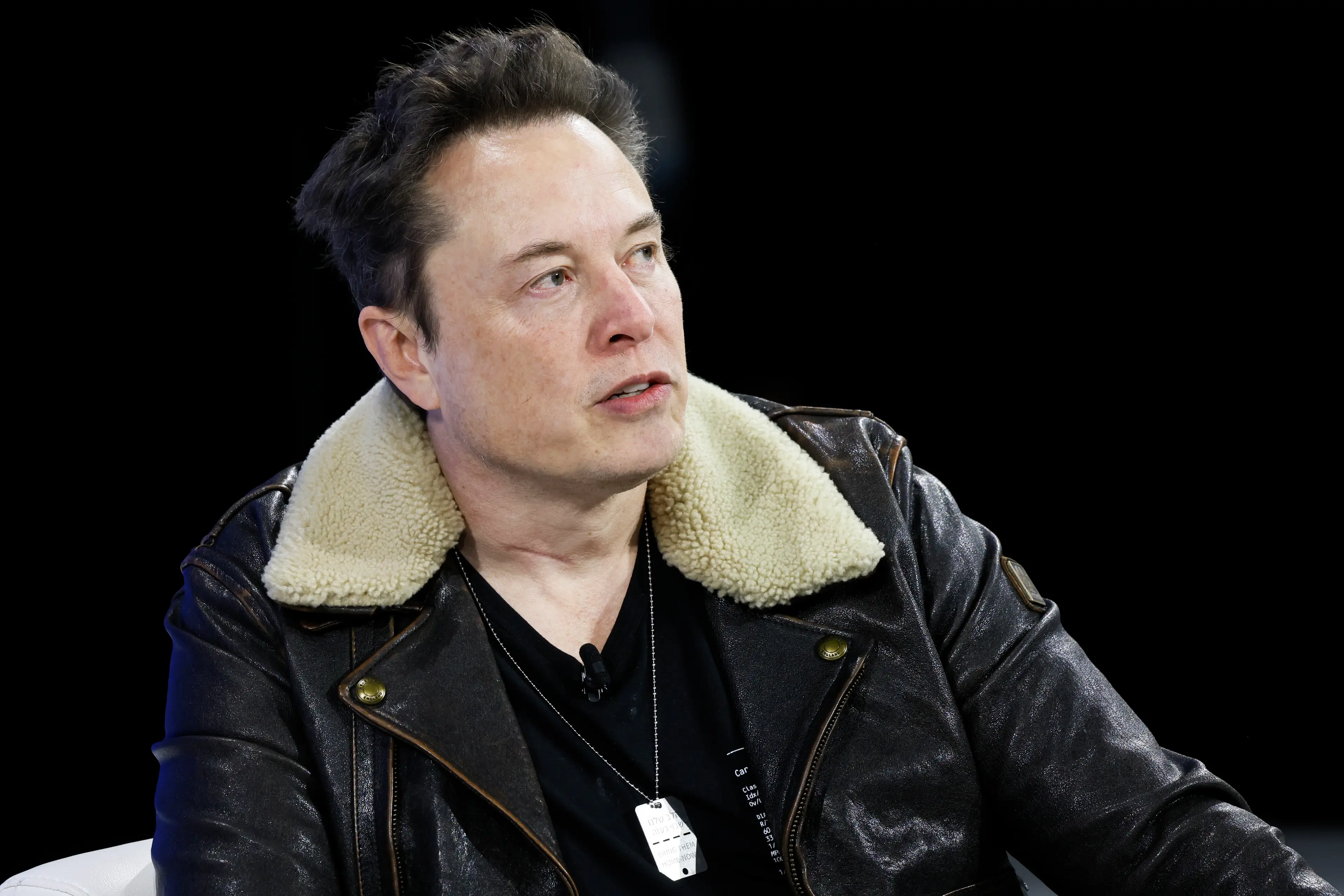
Hold onto your hats, because an actual scientist seems to think we're living in a computer simulation.
It might sound like something out of The Matrix, but it could be our reality - according to Melvin Vopson, an associate professor in physics at the University of Portsmouth.
It's a pretty wild theory - and now the professor is apparently planning an experiment to back it up.

Advert
He's not alone in thinking this - Elon Musk has previously told Joe Rogan: "The argument for the simulation I think is quite strong."
Vopson told MailOnline that the symmetry in our world is a big indicator that we could be living in a simulation.
"This abundance of symmetry (rather than asymmetry) in the universe is something that has never been explained," he said - while also citing quantum mechanics as another indicator, as it's so unknown.
He particularly mentions the phenomenon of quantum entanglement, which refers to two particles which are somehow connected even if they're light-years apart.
"Quantum entanglement allows two particles to be spookily connected so that if you manipulate one, you automatically and immediately also manipulate the other, no matter how far apart they are – with the effect being seemingly faster than the speed of light, which should be impossible," Vopson wrote in The Conversation, a non-profit website that publishes news stories and research.
"This could, however, be explained by the fact that within a virtual reality code, all 'locations' (points) should be roughly equally far from a central processor.
"So while we may think two particles are millions of light years apart, they wouldn’t be if they were created in a simulation."
So how exactly does Vopson plan on testing his theory?

He suggests that if we are living in a simulation, we'd be able to find bits of code all around us. Vopson wrote in The Conversation that these bits of information "must have a small mass", which "gives us something to search for".
Vopson indicates that these bits of information could be a "fifth form of matter in the universe", and has calculated the expected information content per particle.
"The experiment involves erasing the information contained inside elementary particles by letting them and their antiparticles (all particles have 'anti' versions of themselves which are identical but have opposite charge) annihilate in a flash of energy – emitting 'photons', or light particles," he wrote in The Conversation.
This is all very science-speak, so let's break it down. Essentially, Vopson wants to smash together elementary particles and their antiparticles, which have the opposite electric charge. If they give out a certain light when that happens, it could suggest that the particles contain information that is trying to escape.
The could mean they therefore contain bits of information that suggest we're living in a computer simulation.
Vopson wrote: "The nature of our reality is one of the greatest mysteries out there. The more we take the simulation hypothesis seriously, the greater the chances we may one day prove or disprove it."
Sounds like it's time to rewatch The Matrix, just so we're prepared...